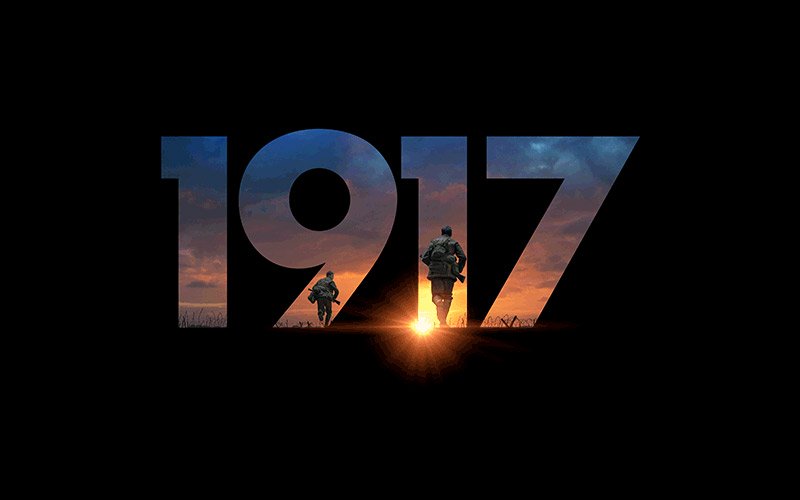"Down to Gehenna or up to the Throne, he travels fastest who travels alone"
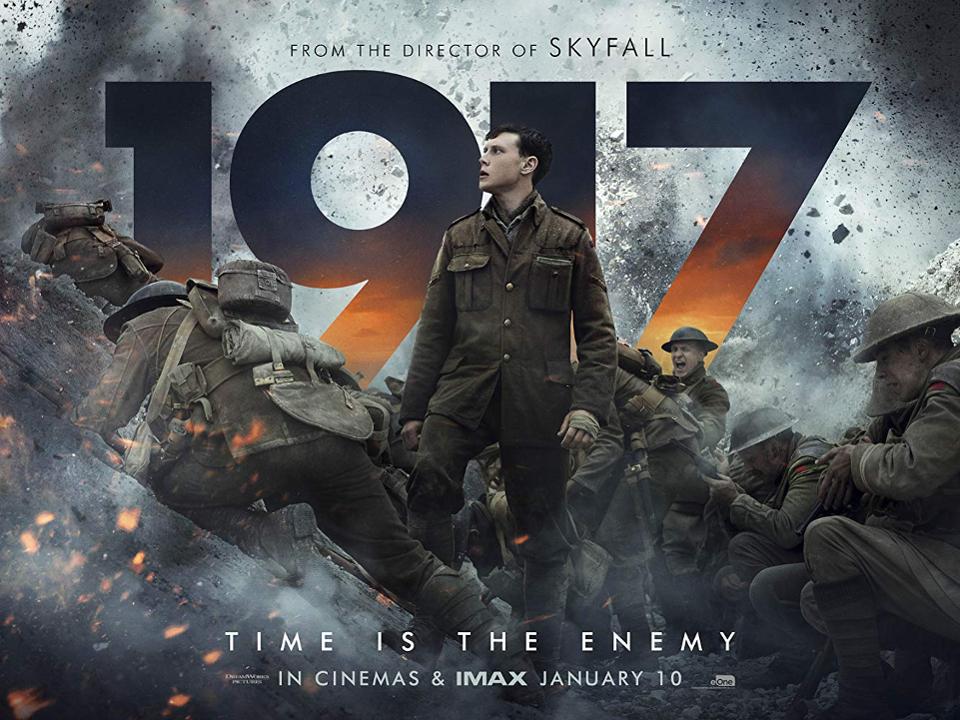
World War 1 in Europe was dominated by trench combat. Two lines roughly parallel to each other, separated by “no-man's land”. These trenches were hell on earth for the men inhabiting them, filled with rats, disease and death. One soldier that fought in those trenches and made it home to tell the tale was director Sam Mendes’ grandfather, Alfred Mendes. Some of his stories served as the basis for this incredible film.
The scale and global effects of World War 1, at least in America, are often forgotten, or when remembered, seen as a backdrop to World War 2. While the latter war has no shortage of books, essays, dramatic films or documentaries, WW1 has precious few.
WW1 was a transitional period in the history of warfare. While new technologies like tanks, poison gas, and automatic weapons were making their debut, holdovers from wars past such as cavalry charges had not yet exited the stage. Aerial warfare was a brand new concept as well and created a slew of new strategies and tactics on both sides. The fortified lines on the western front famously changed very little for the bulk of the war.
During the war, the Allied forces of Britain and France battled their German opponents back and forth over the same fields and bombed-out villages time and time again. Thousands of soldiers died to gain sometimes as little as a few yards of territory. The miles of trenches occasionally grew to be more fortified than most buildings, and were a living nightmare for most soldiers occupying them. This was a war fought almost in slow-motion, or even at a standstill, and in this war more soldiers were killed than in any other war in modern history. It is in this battle-ravaged hellscape that the film tells its tale.
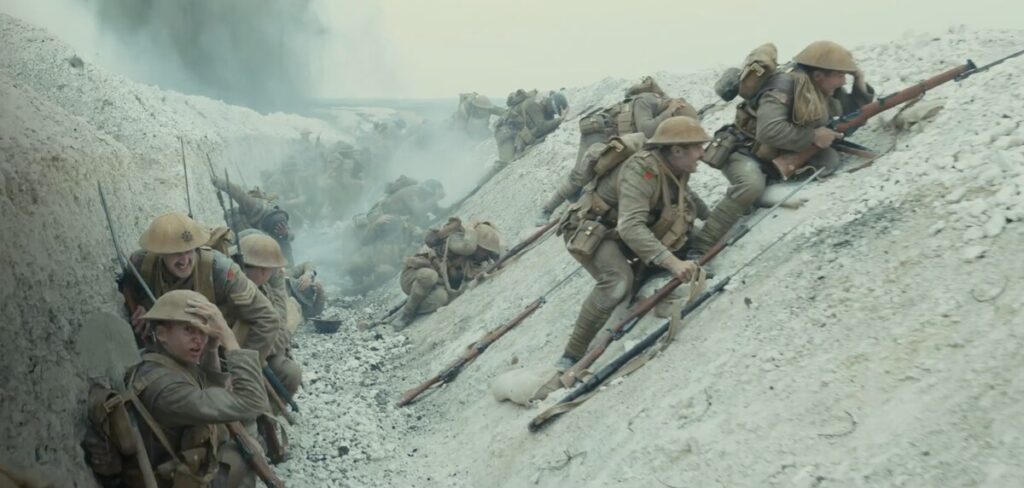
"1917" follows two young British officers, Schofield and Blake, on a mission which in principle is quite simple: Deliver a message from General Erinmore to Colonel Mackenzie ordering him to call off an attack which is doomed to fail. The two men have less than twenty-four hours to deliver this message, and Blake's brother is amongst the men they are trying to save. Failure means the certain death of hundreds, and time is the enemy.
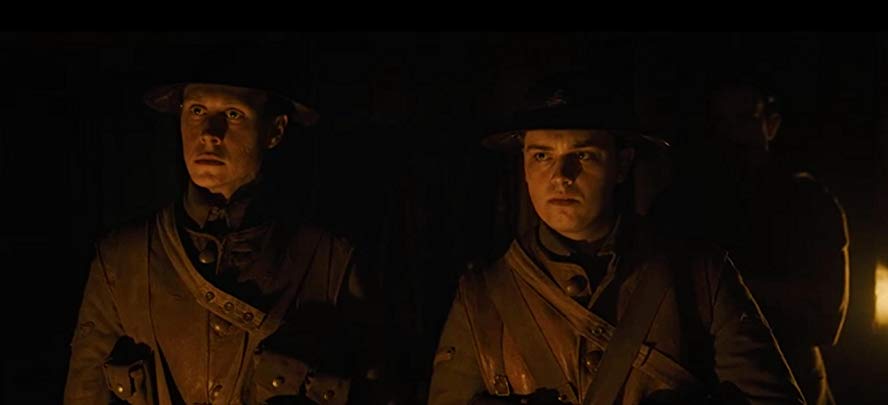
Their mission takes them from the British entrenchments through abandoned German lines. Through forests and a destroyed French village. Scattered throughout are several isolated idyllic spots thus far untouched by war. These last often offer our protagonists a moment of introspection on just how far they've strayed from civilian life and how rare it is to find beauty in this war torn foreign land. But however exquisite a tree or river may be, the clockwork enemy of Time waits for no man.
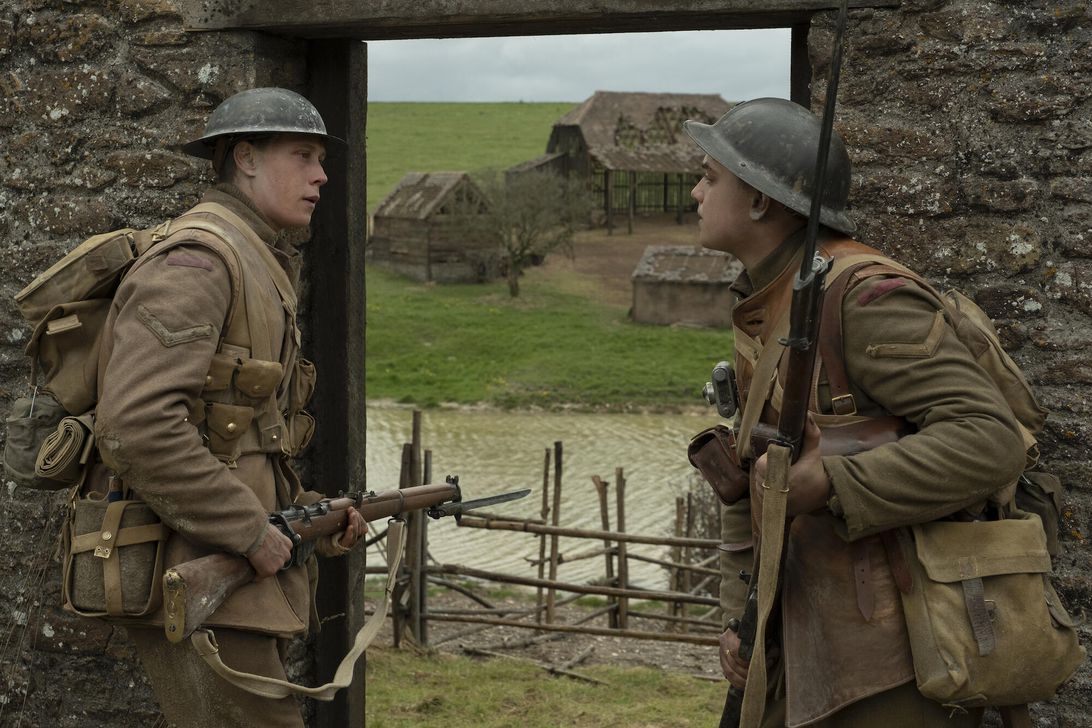
Much has been made of the central cinematic conceit of "1917". Namely that the film plays out as though it was shot in one extraordinarily long and complex take. Hundreds of extras, elaborate set pieces and complex camerawork all flowing forward at a steady clip and thoroughly immersing you in the films action and narrative. Though this is not the case and the film was instead shot in such a way that it only appears to be one continuous take, this does not at all detract from the cinematic achievement it has accomplished.
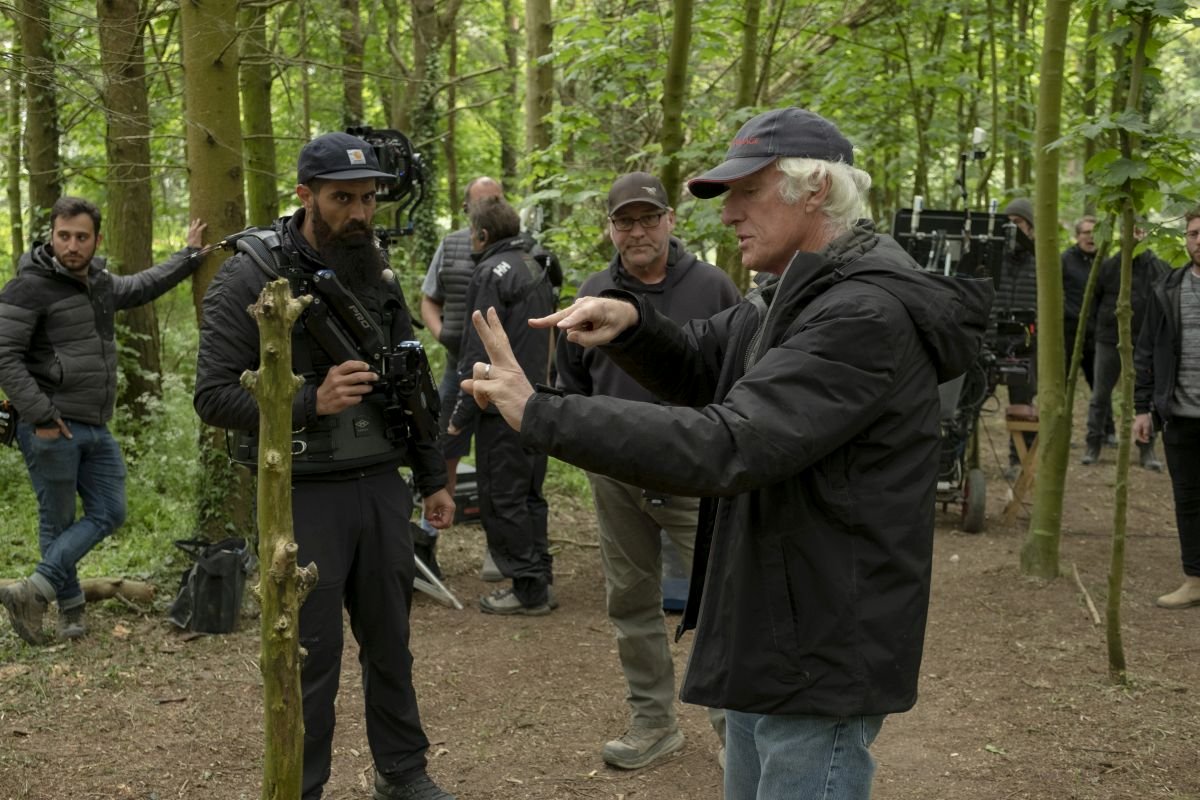
Enter Roger Deakins: The legendary cinematographer whose work on "Blade Runner: 2049" earned him his first Oscar(after an impressive 13 prior nominations). Whose prior collaboration with director Mendes produced one of the best and easily the most beautiful Bond film "Skyfall". Even with a career as illustrious and renowned as his has been, Deakins may just have outdone himself once again with "1917". Deakins second Oscar win for Best Cinematography was well deserved, as was the films award for Best Visual Effects which helped blend sequences together to accomplish the film's "one-shot" illusion. Films with a gimmick come and go, but it's not often one hears so much buzz about a film beforehand and the film still succeeds in drawing you in. Successfully immersing you in its world and leading you to gradually forget about it's elaborate and in some cases mind-blowing production.
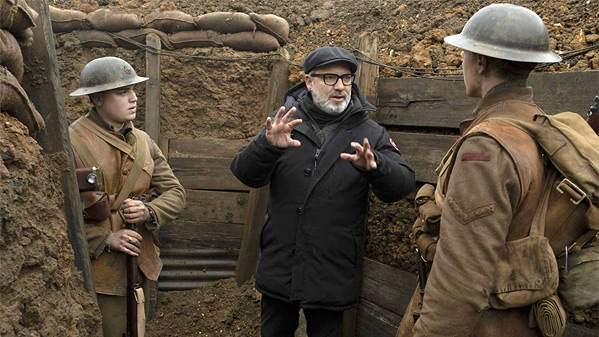
"1917" is a standout achievement both as a war film and in the directorial career of Sam Mendes. Though not much has been made of the acting performances by George MacKay and Dean-Charles Chapman, they both turned in solid work here. The supporting roles played by several A-list British stars, while never lasting longer than 5 minutes, do not detract from the immersive quality of the film but instead populate it with more authentic characters who have varying perspectives on the war. The technical side of the film delivers on all counts as well. From sound design and Thomas Newman's haunting score to the incredibly elaborate and authentic set designs, all elements serve to place the audience alongside our heroes in the trenches. For a two-hour window, we feel as though we’re on the front lines in "1917".
